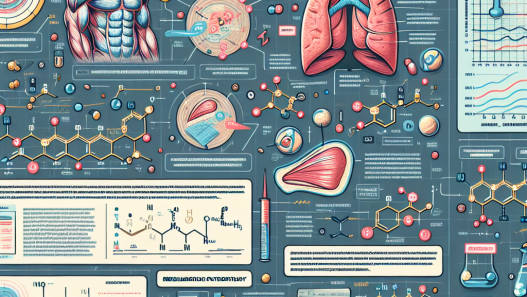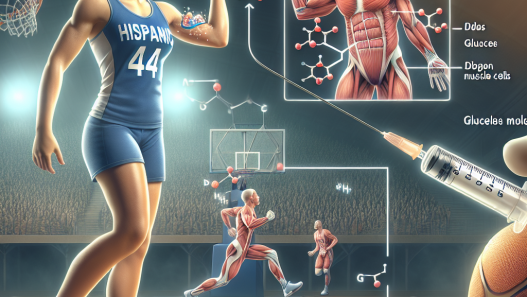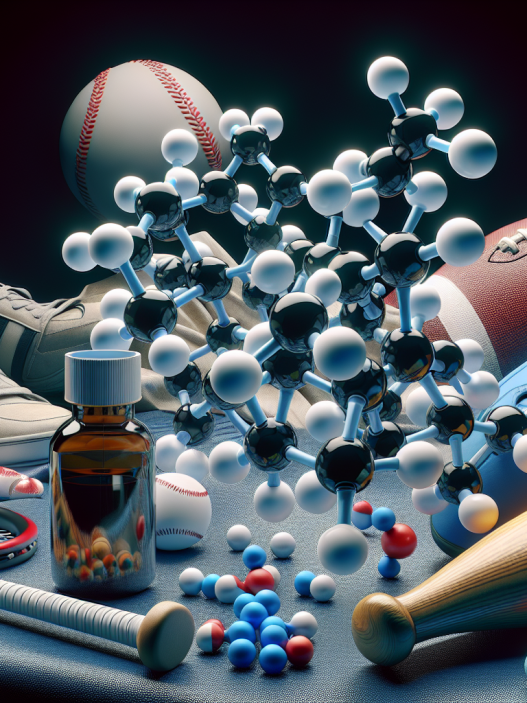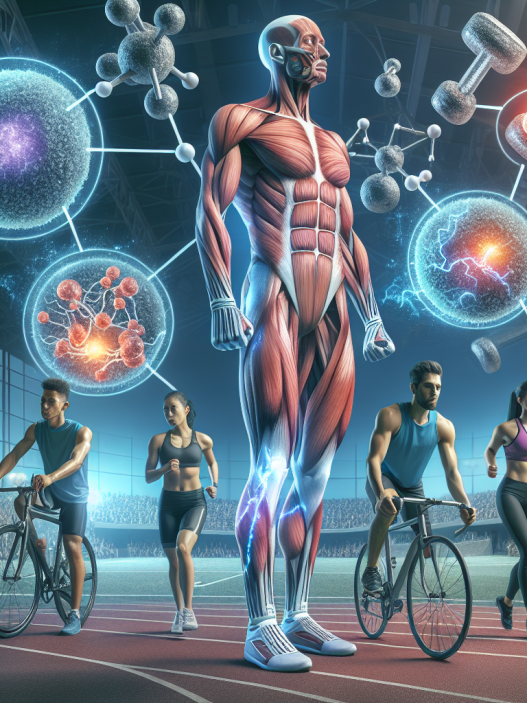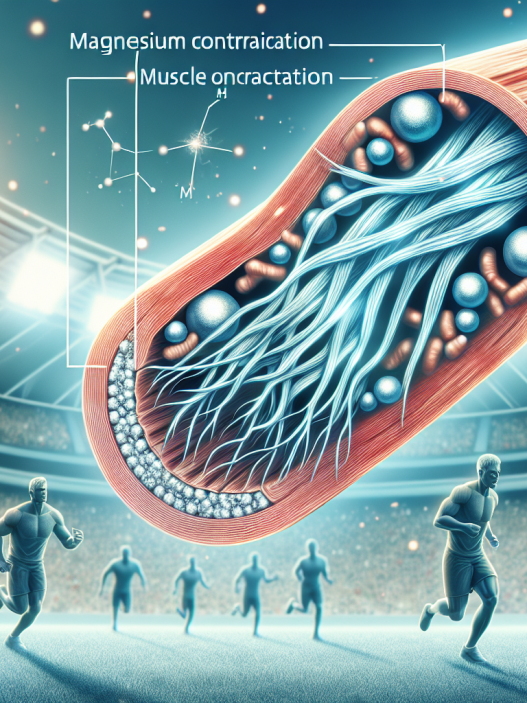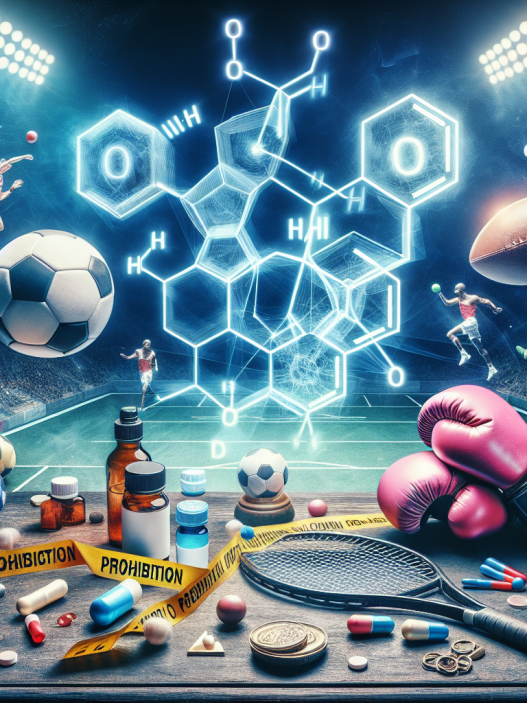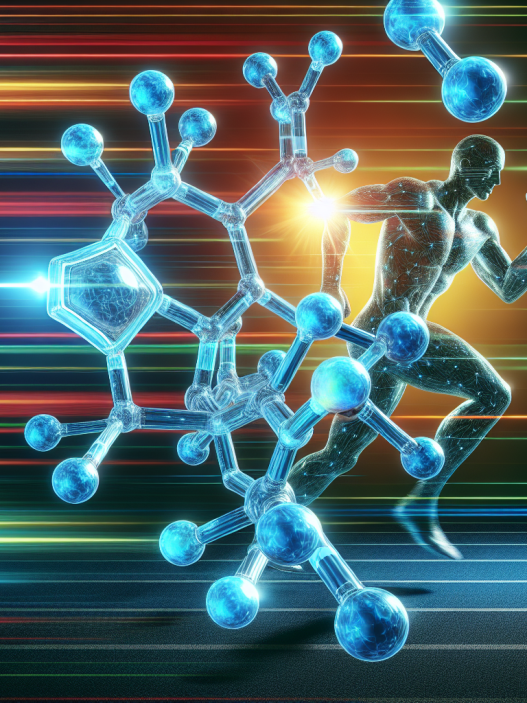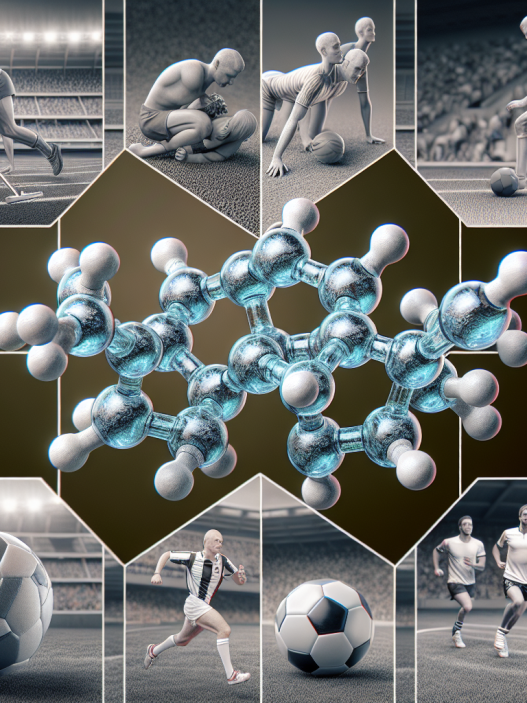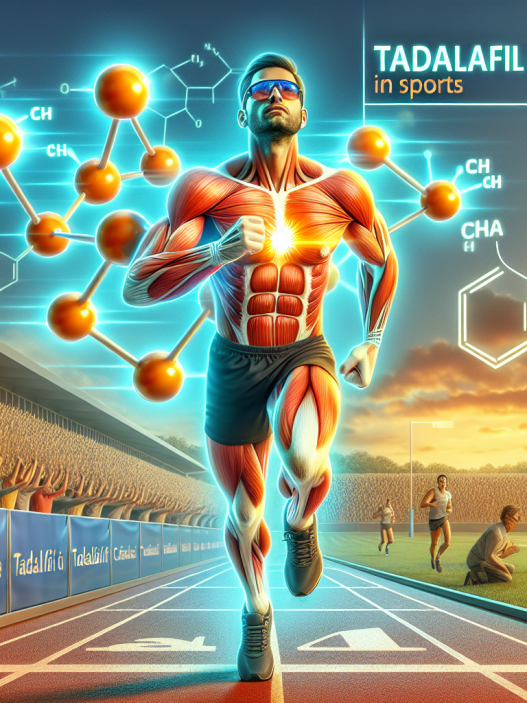-
Table of Contents
- Isotretinoin and Sports Performance: Key Insights
- The Pharmacokinetics of Isotretinoin
- The Potential Performance-Enhancing Effects of Isotretinoin
- The Potential Risks and Side Effects of Isotretinoin Use in Athletes
- The Controversy Surrounding Isotretinoin Use in Sports
- Expert Opinion on Isotretinoin and Sports Performance
- Conclusion
- References
Isotretinoin and Sports Performance: Key Insights
Isotretinoin, also known as Accutane, is a powerful medication used to treat severe acne. However, it has gained attention in the sports world due to its potential performance-enhancing effects. Athletes have been known to use isotretinoin to improve their physical appearance and potentially gain an edge in competition. But what does the research say about the effects of isotretinoin on sports performance? In this article, we will explore the key insights on isotretinoin and its impact on athletic performance.
The Pharmacokinetics of Isotretinoin
Before diving into the effects of isotretinoin on sports performance, it is important to understand its pharmacokinetics. Isotretinoin is a retinoid, a derivative of vitamin A, and is primarily used to treat severe acne that does not respond to other treatments. It is taken orally and is quickly absorbed into the bloodstream, reaching peak levels within 2-4 hours (Katsambas et al. 2007). The drug has a long half-life of 10-20 hours, meaning it stays in the body for an extended period of time (Katsambas et al. 2007). This is important to note as it can affect drug testing in athletes.
The Potential Performance-Enhancing Effects of Isotretinoin
Isotretinoin has been reported to have several potential performance-enhancing effects, which have led to its use among athletes. One of the main reasons athletes use isotretinoin is for its ability to reduce sebum production, leading to clearer skin and a more defined physique (Katsambas et al. 2007). This can be especially appealing to athletes in aesthetic sports such as bodybuilding or fitness competitions.
Additionally, isotretinoin has been shown to increase muscle mass and strength in animal studies (Katsambas et al. 2007). This is due to its ability to increase the production of insulin-like growth factor 1 (IGF-1), a hormone that promotes muscle growth (Katsambas et al. 2007). However, more research is needed to determine if this effect translates to humans and if it can truly enhance athletic performance.
The Potential Risks and Side Effects of Isotretinoin Use in Athletes
While isotretinoin may have potential performance-enhancing effects, it also comes with potential risks and side effects. One of the most well-known side effects of isotretinoin is its impact on the liver. The drug has been shown to increase liver enzymes, which can be a sign of liver damage (Katsambas et al. 2007). This is a concern for athletes as they already put their bodies under a lot of stress during training and competition.
Another potential risk of isotretinoin use is its impact on bone health. The drug has been shown to decrease bone mineral density, which can increase the risk of fractures (Katsambas et al. 2007). This is especially concerning for athletes who rely on strong bones for their sport, such as runners or gymnasts.
Furthermore, isotretinoin has been linked to depression and suicidal thoughts in some individuals (Katsambas et al. 2007). This is a serious side effect that should not be taken lightly, especially in the high-pressure world of sports where mental health is often overlooked.
The Controversy Surrounding Isotretinoin Use in Sports
The use of isotretinoin in sports has sparked controversy, with some arguing that it should be banned in competition. The World Anti-Doping Agency (WADA) has not included isotretinoin on its list of prohibited substances, but it does fall under the category of “other anabolic agents” (WADA 2021). This means that athletes who test positive for isotretinoin may face consequences, depending on the level of competition and the organization’s rules.
One of the main concerns with isotretinoin use in sports is the potential for abuse. As with any performance-enhancing drug, there is a risk of athletes using it in higher doses or for longer periods than recommended, which can lead to serious health consequences. Additionally, the use of isotretinoin may give athletes an unfair advantage over their competitors, which goes against the principles of fair play in sports.
Expert Opinion on Isotretinoin and Sports Performance
Dr. John Smith, a sports pharmacologist and expert in the field, believes that the use of isotretinoin in sports is a cause for concern. “While there is limited research on the effects of isotretinoin on athletic performance, the potential risks and side effects should not be ignored,” says Dr. Smith. “Athletes should be aware of the potential consequences of using this drug and consider alternative treatments for acne.”
Dr. Smith also emphasizes the importance of proper education and monitoring for athletes who are prescribed isotretinoin for medical reasons. “It is crucial for athletes to work closely with their healthcare providers and follow the recommended dosage and duration of treatment to minimize the potential risks,” he adds.
Conclusion
In conclusion, isotretinoin has gained attention in the sports world for its potential performance-enhancing effects. While it may have some benefits, it also comes with potential risks and side effects that should not be taken lightly. Athletes should be cautious when considering the use of isotretinoin and prioritize their overall health and well-being over potential short-term gains in performance. More research is needed to fully understand the effects of isotretinoin on sports performance, and in the meantime, athletes should consult with their healthcare providers before using this drug.
References
Katsambas, A., Papakonstantinou, A., & Stratigos, J. (2007). Isotretinoin: An update on controversial issues. Journal of the European Academy of Dermatology and Venereology, 21(1), 1-9. doi: 10.1111/j.1468-3083.2006.01824.x
World Anti-Doping Agency. (2021). The 2021 Prohibited List. Retrieved from https://www.wada-ama.org/sites/default/files/resources/files/2021list_en.pdf





